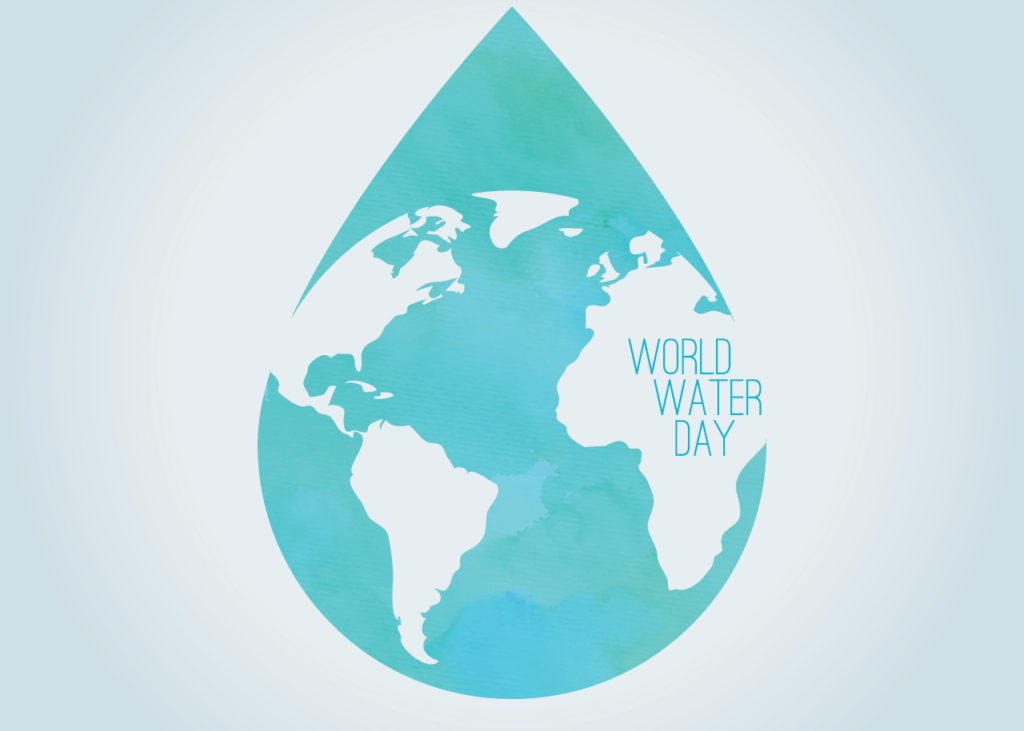NEW YORK – World Water Day is celebrated annually on March 22, but in 2020 events were limited by the global Coronavirus pandemic as communities practiced social distancing. In some places, it was unlawful to gather in groups to learn about clean water or to inaugurate new clean water facilities as is the custom. In any location, such meetings were ill-advised.
We are aware that elderly people and anyone with heart disease, lung disease, or diabetes are considered “at-risk” for contracting the Coronavirus. Not only are they at risk of becoming infected but also of succumbing to its effects.
But, do you realize that there are 844 million other people who are at high risk from exposure to the Coronavirus? Those are the 844 million people around the globe who lack access to clean water.
We are also aware that washing our hands with soap and water for at least 20 seconds is among the “first line of defense against the Coronavirus.”
But, do you also realize that those 844 million don’t have that first line of defense because the lack of access to clean water close to home prevents them from washing their hands as necessary?
Not only is getting clean water difficult, if not impossible. Getting any water is a hardship at best. Women and children are typically the family water fetchers. Hundreds of thousands of them must trek on foot for several miles to reach the only available water sources, which generally are contaminated.
The filthy water they carry home is the only option these women have for cooking, drinking, or any other household use. That compounds their risk of contracting the Coronavirus because the dirty water is already causing sickness and disease in their families, villages, and slum communities.
If you thought that 844 million is a lot of people without access to water near their homes, consider this. According to WaterAid, “a staggering 2.1 billion people do not have access to a water service that is free from contamination, putting them at risk of waterborne disease and death.”
In Nigeria alone, 55 million people, 29 percent of the population do not have access to a safe water pump or a covered well.
As of the date of this article, 17,159 people have died as a result of the Coronavirus over the past 60 days.
Worldwide, “Unsafe water is responsible for 1.2 million deaths each year.” That is three times more than the number of homicides and twice as much as drug-related deaths annually.
On average, 203,836 people have died over the last 60 days as a result of having limited or no access to clean water. More than 60,000 of them have been children under the age of five. Not only is the lack of clean water a crisis, but it is also dangerous and deadly.
Without diminishing the potential impact of the Coronavirus, Missions Box News urges readers to ponder the toll that lack of clean water continues to make year after year, including right now. So far, there is no cure for the Coronavirus, but we can all do something to address the clean water crisis.
To learn more about the global clean water crisis, read the Gospel for Asia (GFA) special report “Dying of Thirst: The Global Water Crisis.”
To learn what you can do to help alleviate the clean water crisis in observance of World Water Day 2020, click this link and help support Gospel for Asia (GFA) continue to be a leader in providing clean water to the people of South Asia and beyond.
To read more news on Global Water Crisis on Missions Box, go here.
Read about Gospel for Asia in the News: FoxNews, NYPost, MissionsBox, StandardNewswire, Patheos,
GFA’s Statement About Coronavirus
Sources:
- Vanguard, World Water Day 2020: 55 million Nigerians lack access to safe water — WaterAid
- World Vision, Clean Water
- The Business Standard, World Water Day 2020: Why it is important, more so in the time of Covid-19
- Our World in Data, Clean Water
- Worldometer, Coronavirus (COVID-19) Mortality Rate
- WaterAid, Water
Image Source: World Water Day Drop, Freepik
